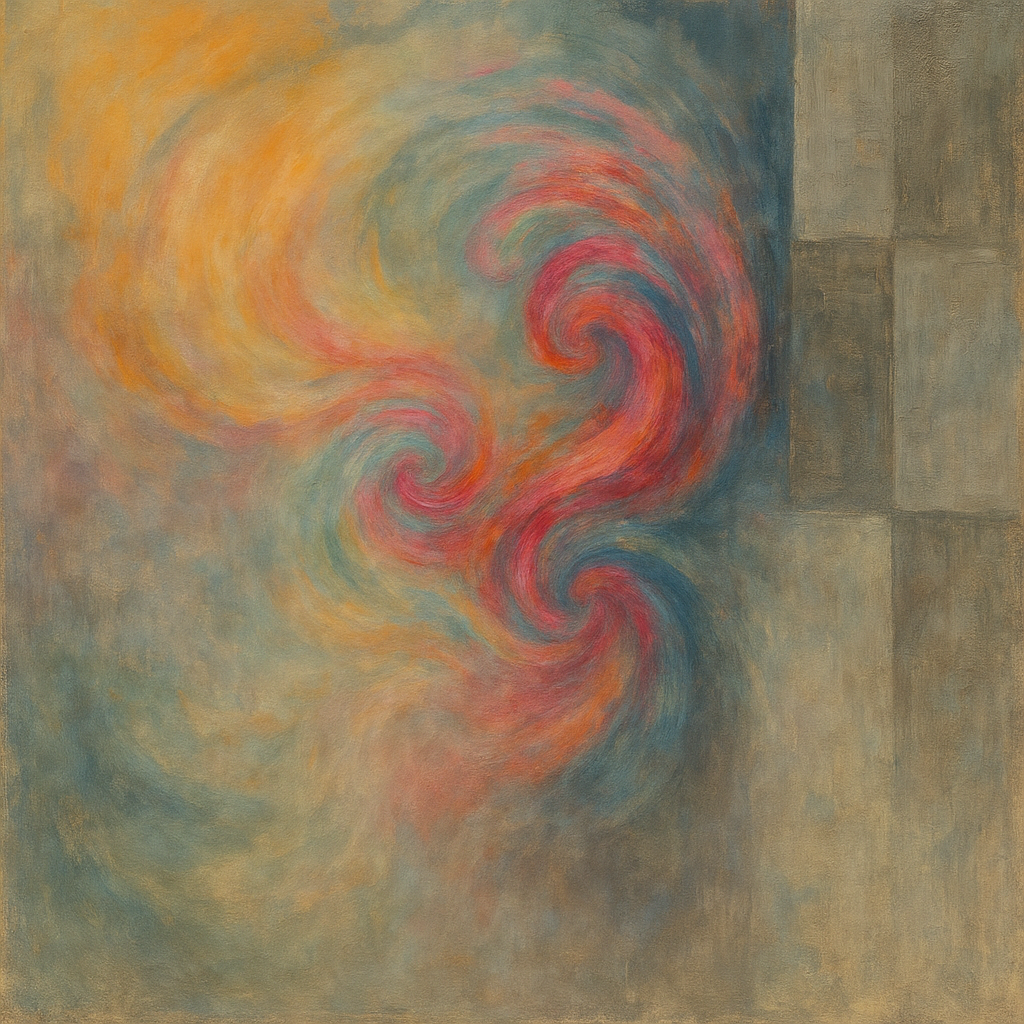roles that don’t grow with you
Some people in your life will treat you like your role, not like your person.
You see it most intensely in families. There’s this strange, stubborn pattern where parents keep interacting with their grown children as though nothing has changed: you’re still the baby, still the one who “doesn’t get it,” still the kid at the small table. It’s not a cute colloquialism; it’s a script. They identified you years ago, and the script keeps running even as your life, your abilities, and your responsibilities have moved far beyond it.
Maybe that role fit when you were seven. Maybe it even fit at seventeen. But at thirty-five? Forty-five? Sixty? You can show up with a finance degree, a decade of experience, a calm, lucid explanation—and still find yourself subtly (or not so subtly) excluded from the “real” conversation.
It’s infuriating because it has very little to do with your actual competence. You can present credentials, you can present evidence, you can present beautifully reasoned arguments… and still bounce off the invisible glass of the role you play in their minds.
This isn’t always malicious. Often it’s unconscious, even wrapped in something that looks like affection: “You’ll always be my little girl.” But the effect is the same: who you are gets flattened into what you were.
what psychologists call it (so you don’t feel crazy)
A few terms capture this dynamic:
- Infantilization — treating an adult like a child: incapable, dependent, not to be taken seriously. That’s the on-the-nose label here.
- Role entrapment (or “role lock”) — from family systems: once you’re cast as the baby, the golden child, the scapegoat, the system resists updates, even when reality has changed.
- Schema transference — in cognitive/psychodynamic terms: a parent projects an old schema (my child = dependent) onto the adult in front of them, so fresh evidence doesn’t land.
Name it, and it stops feeling like fog. You’re not imagining the pattern; you’re running into a well-documented human thing.
why your excellence doesn’t “fix” it
This is the hard pill: demonstration doesn’t always dissolve the dynamic. You can pile up evidence forever and still watch it slide off, because the role is upstream of the facts.
You’re not entering a neutral space where proof changes minds. You’re stepping into someone else’s entrenched model of you—and models are sticky.
That doesn’t mean “give up.” It means recalibrate your expectations, so you’re not endlessly offering evidence to a framework that isn’t built to receive it.
what’s actually in your control
Position yourself at the table—once. Ask, calmly and directly, to be included where it’s appropriate. Make the case like an adult making a reasonable request.
Then watch behavior, not promises. If inclusion happens, great. If it doesn’t—note it. Don’t keep re-litigating your adulthood.
Stop chasing the un-winnable audience. Some people will never update their schema. That’s not your failure; it’s their inertia.
None of this requires drama. It requires recognition.
You may never be brought fully to the table. You may never be taken as seriously as you’ve earned. And if you keep pushing for that recognition from someone who can’t update their script, you’ll only end up exhausting yourself.
The real move is to stop waiting for them to see you differently. To stop hoping for a recognition they may never be capable of giving.
Not all hope is healthy. Sometimes the most grown-up thing you can do is let go of being seen by them — and build your life with people who already do.
